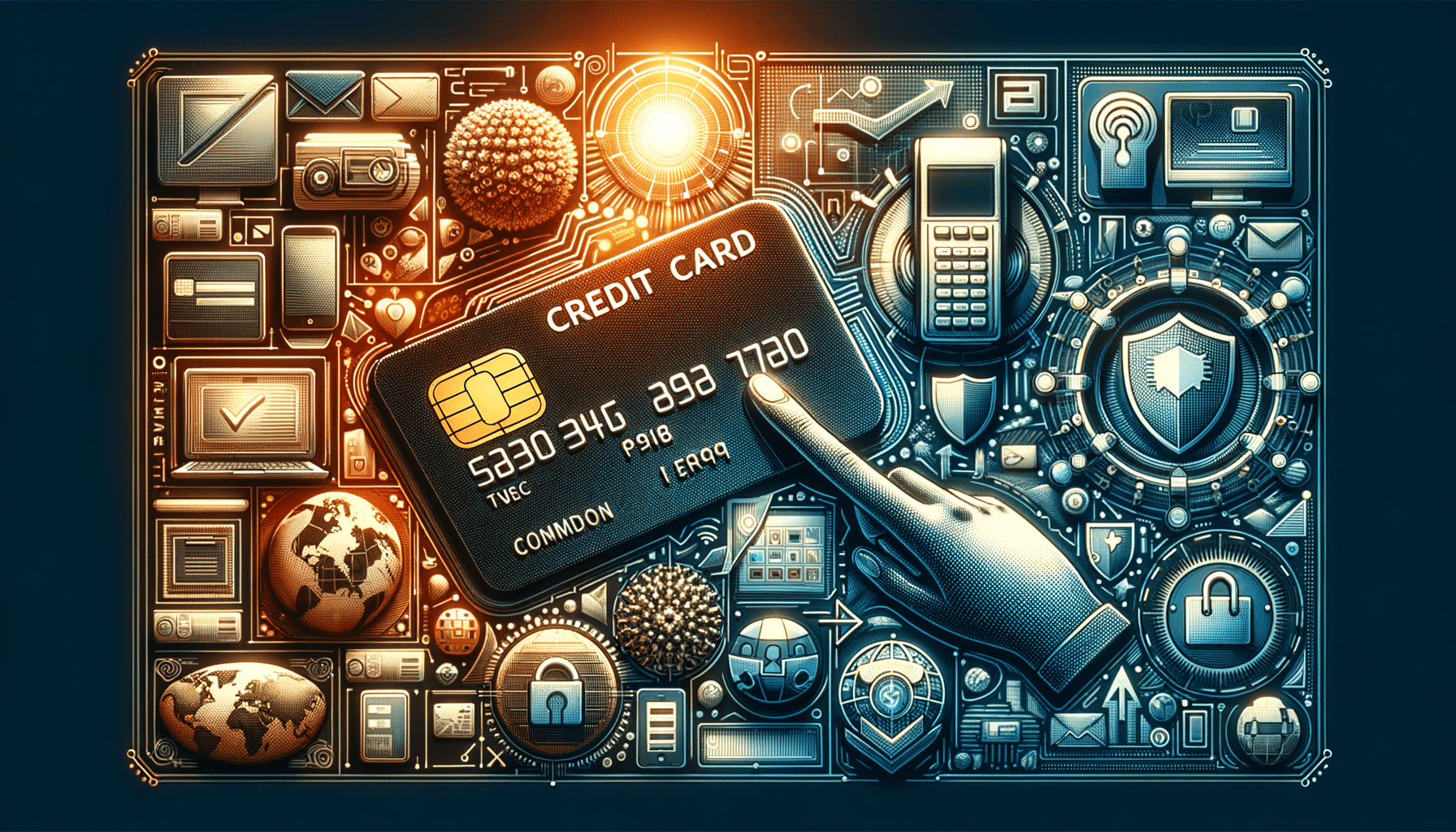
What You Need to Know About Credit Cards
Understanding Credit Cards: An Overview
Credit cards have become an integral part of modern financial management, offering convenience and a host of benefits. However, understanding their terms and conditions is crucial to harnessing their full potential. With the ability to make purchases without immediate cash outlay, credit cards can be a powerful tool for managing finances, provided they are used responsibly.
At their core, credit cards offer a line of credit that allows users to borrow funds up to a certain limit. This borrowed amount must be repaid, usually on a monthly basis, and comes with an interest rate that applies if the balance is not paid in full. It’s important to familiarize oneself with these terms to avoid unnecessary charges and to make informed financial decisions.
Credit cards often come with various features and rewards programs, such as cashback, travel points, or discounts on specific purchases. These incentives can add value to your spending, but they also require careful consideration of the card’s annual fees and interest rates. By understanding the intricacies of credit card terms, consumers can make choices that align with their financial goals and lifestyle.
Interest Rates: What You Need to Know
Interest rates are a critical aspect of credit card usage, influencing the overall cost of borrowing. Typically expressed as an annual percentage rate (APR), these rates determine how much extra you’ll pay if you carry a balance from month to month. Understanding how interest rates work is essential for managing credit card debt effectively.
Credit card interest rates can vary significantly based on the type of card and the creditworthiness of the cardholder. Promotional rates may offer lower interest for an introductory period, but it’s important to be aware of what the rate will revert to after this period ends. Additionally, credit cards may have different rates for purchases, cash advances, and balance transfers, each with its own set of terms.
To minimize interest charges, it’s advisable to pay off the balance in full each month. If this isn’t possible, making more than the minimum payment can help reduce the amount of interest accrued. Being aware of the interest rates and how they apply can empower consumers to make smarter financial decisions and avoid the pitfalls of high-interest debt.
Fees and Charges: What to Watch Out For
Credit cards come with a variety of fees that can add up quickly if not managed properly. Common fees include annual fees, late payment fees, and foreign transaction fees. Understanding these charges can help you avoid unnecessary costs and choose a credit card that suits your financial habits.
Annual fees are charged for the privilege of using a credit card and can range from minimal amounts to several hundred dollars, depending on the card’s benefits. While some cards offer no annual fee, those that do often provide enhanced rewards or perks. It’s important to weigh the benefits against the cost to determine if the card is worth the fee.
Late payment fees are incurred when you fail to make at least the minimum payment by the due date. These fees can be hefty and may also result in an increase in your interest rate. Setting up automatic payments or reminders can help you avoid these charges. Additionally, foreign transaction fees are applied when making purchases outside your home country, typically around 1-3% of the transaction amount. If you travel frequently, opting for a card with no foreign transaction fees can save you money.
Responsible Usage: Making the Most of Your Credit Card
Using a credit card responsibly is key to maximizing its benefits while avoiding financial pitfalls. Responsible usage involves understanding your spending habits, setting a budget, and ensuring timely payments. By doing so, you can build a positive credit history and take advantage of the rewards and protections that credit cards offer.
One of the most effective strategies is to treat your credit card like a debit card, only spending what you can afford to pay off each month. This approach helps prevent accumulating debt and incurring interest charges. Additionally, keeping your credit utilization low—ideally below 30% of your credit limit—can positively impact your credit score.
Regularly reviewing your credit card statements can help you track spending and spot any unauthorized charges quickly. Many credit cards also offer tools and alerts to help you stay on top of your finances. By using these resources, you can ensure that your credit card remains a helpful financial tool rather than a source of stress.
Choosing the Right Credit Card for You
Selecting the right credit card involves evaluating your financial needs and lifestyle. With a plethora of options available, it’s important to consider factors such as rewards programs, interest rates, and fees to find a card that aligns with your spending habits and financial goals.
For those who travel frequently, a card with travel rewards and no foreign transaction fees might be advantageous. On the other hand, if you prefer cash back on everyday purchases, a card offering a higher percentage of cashback on groceries or gas could be more suitable. Assessing your spending patterns can guide you in choosing a card that maximizes your benefits.
It’s also crucial to consider the card’s interest rate and any applicable fees. A low-interest card might be beneficial if you plan to carry a balance, while a card with no annual fee could be ideal if you want to avoid extra costs. By carefully evaluating these aspects, you can select a credit card that enhances your financial strategy and supports your lifestyle.